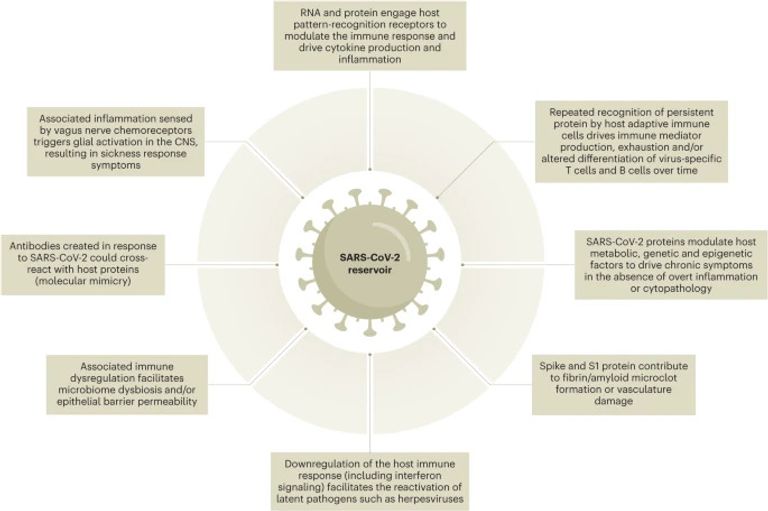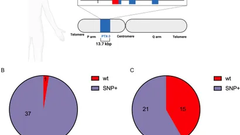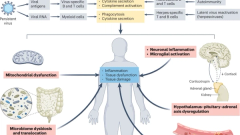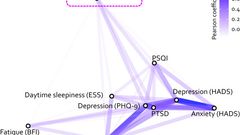ABSTRACT
Millions of people are suffering from Long COVID or post-acute sequelae of COVID-19 (PASC). Several biological factors have emerged as potential drivers of PASC pathology. Some individuals with PASC may not fully clear the coronavirus SARS-CoV-2 after acute infection. Instead, replicating virus and/or viral RNA—potentially capable of being translated to produce viral proteins—persist in tissue as a ‘reservoir’. This reservoir could modulate host immune responses or release viral proteins into the circulation. Here we review studies that have identified SARS-CoV-2 RNA/protein or immune responses indicative of a SARS-CoV-2 reservoir in PASC samples. Mechanisms by which a SARS-CoV-2 reservoir may contribute to PASC pathology, including coagulation, microbiome and neuroimmune abnormalities, are delineated. We identify research priorities to guide the further study of a SARS-CoV-2 reservoir in PASC, with the goal that clinical trials of antivirals or other therapeutics with potential to clear a SARS-CoV-2 reservoir are accelerated.




